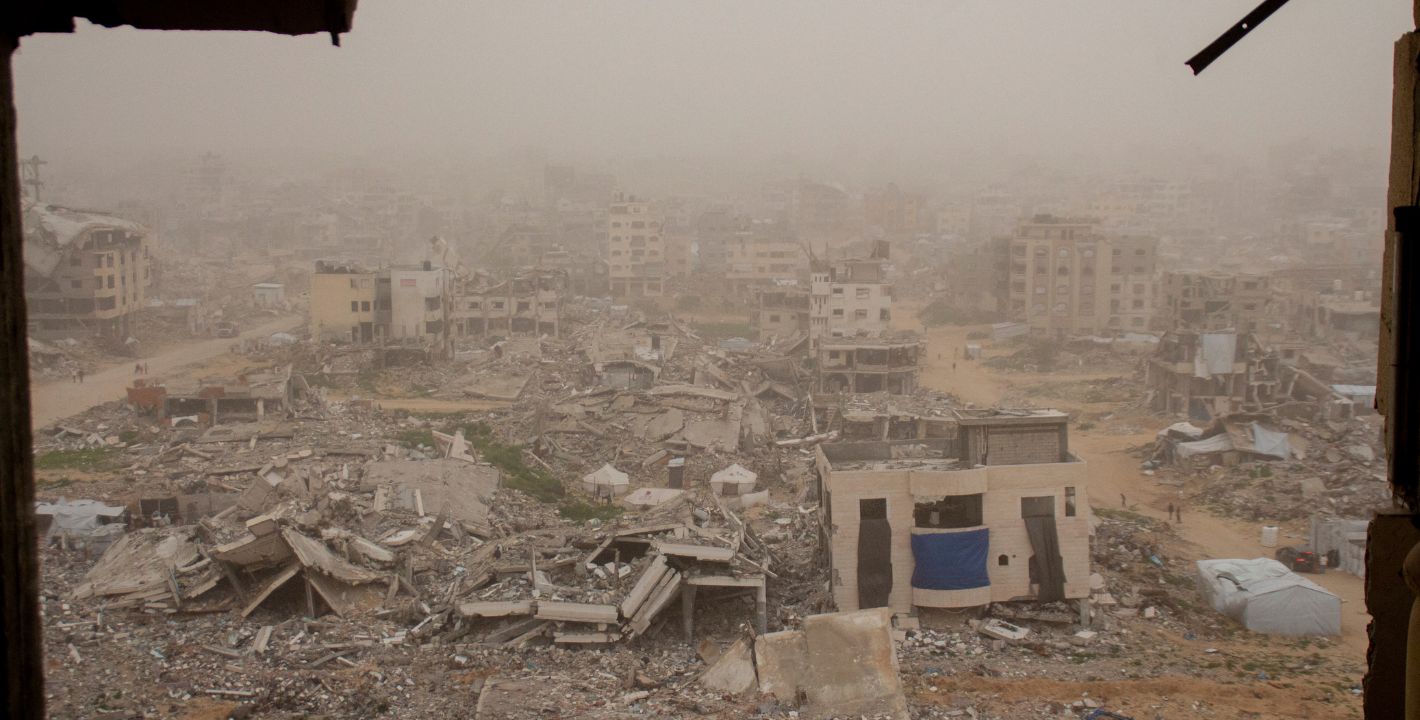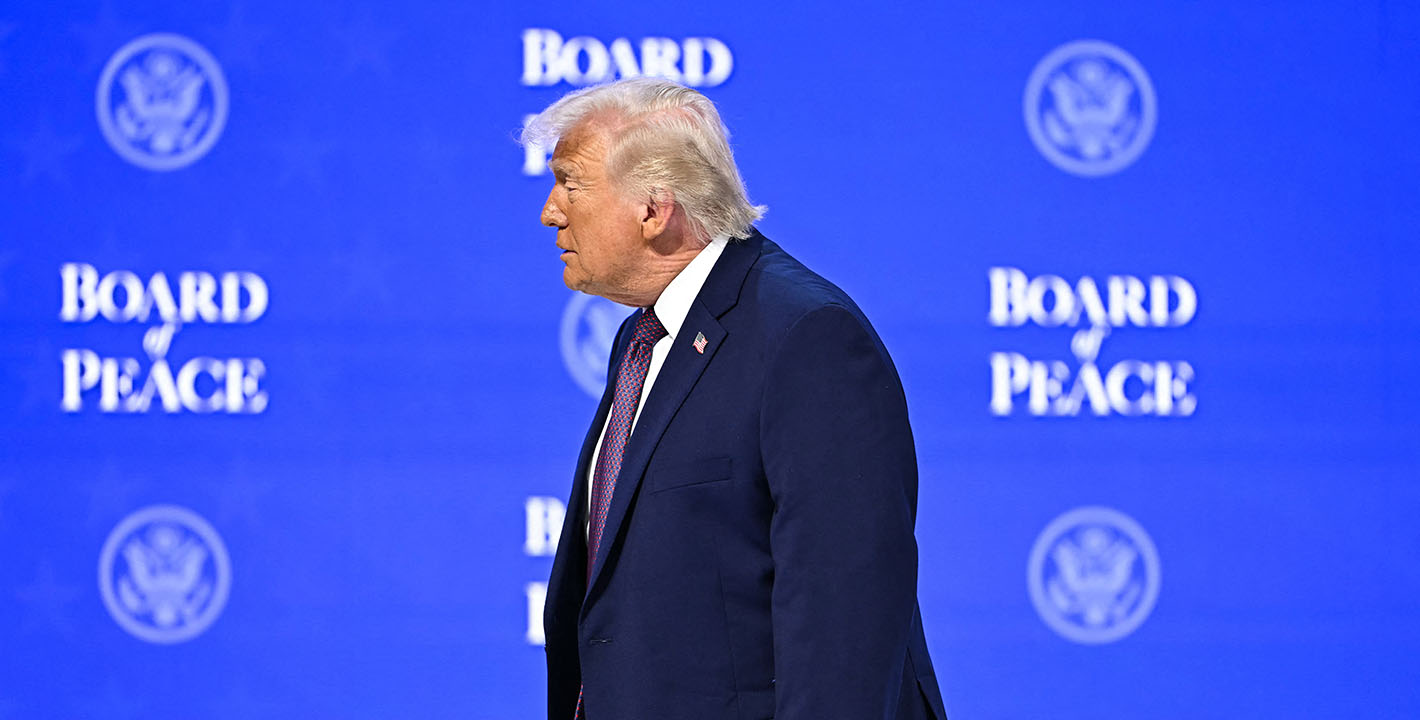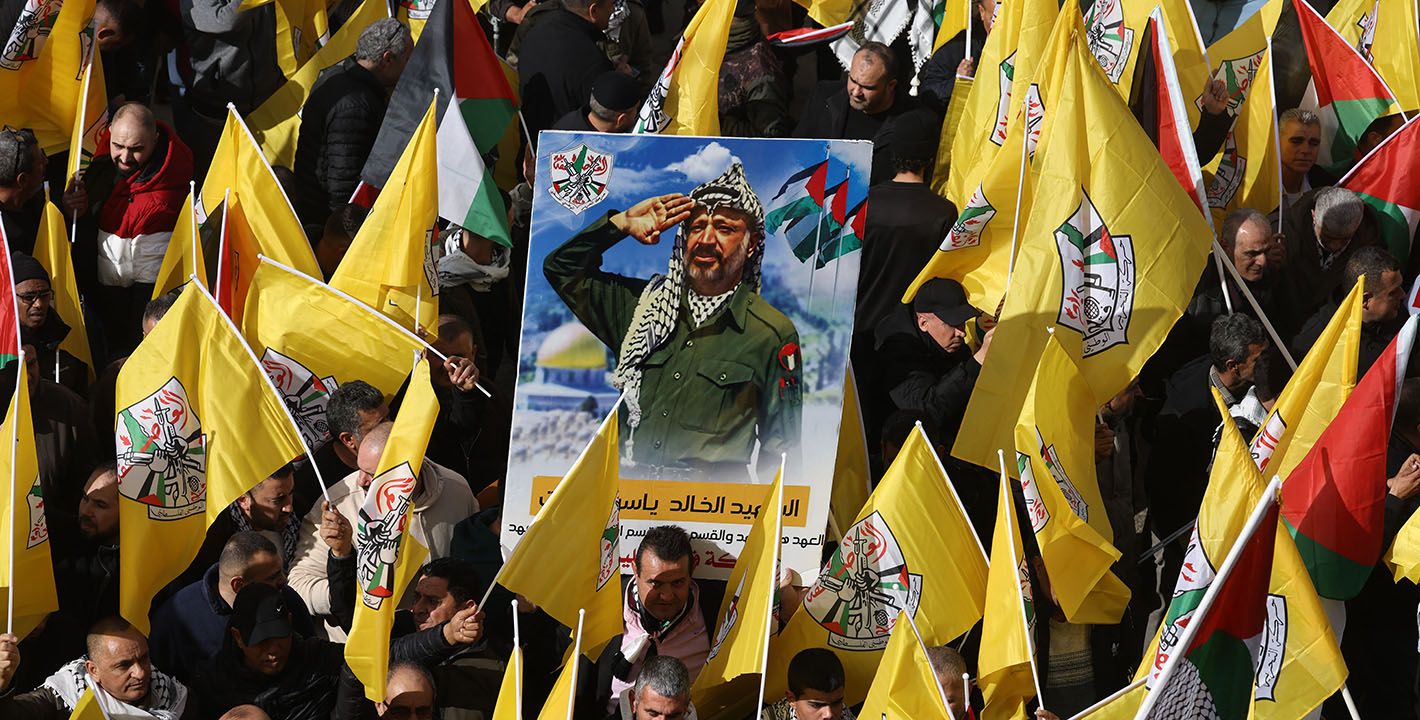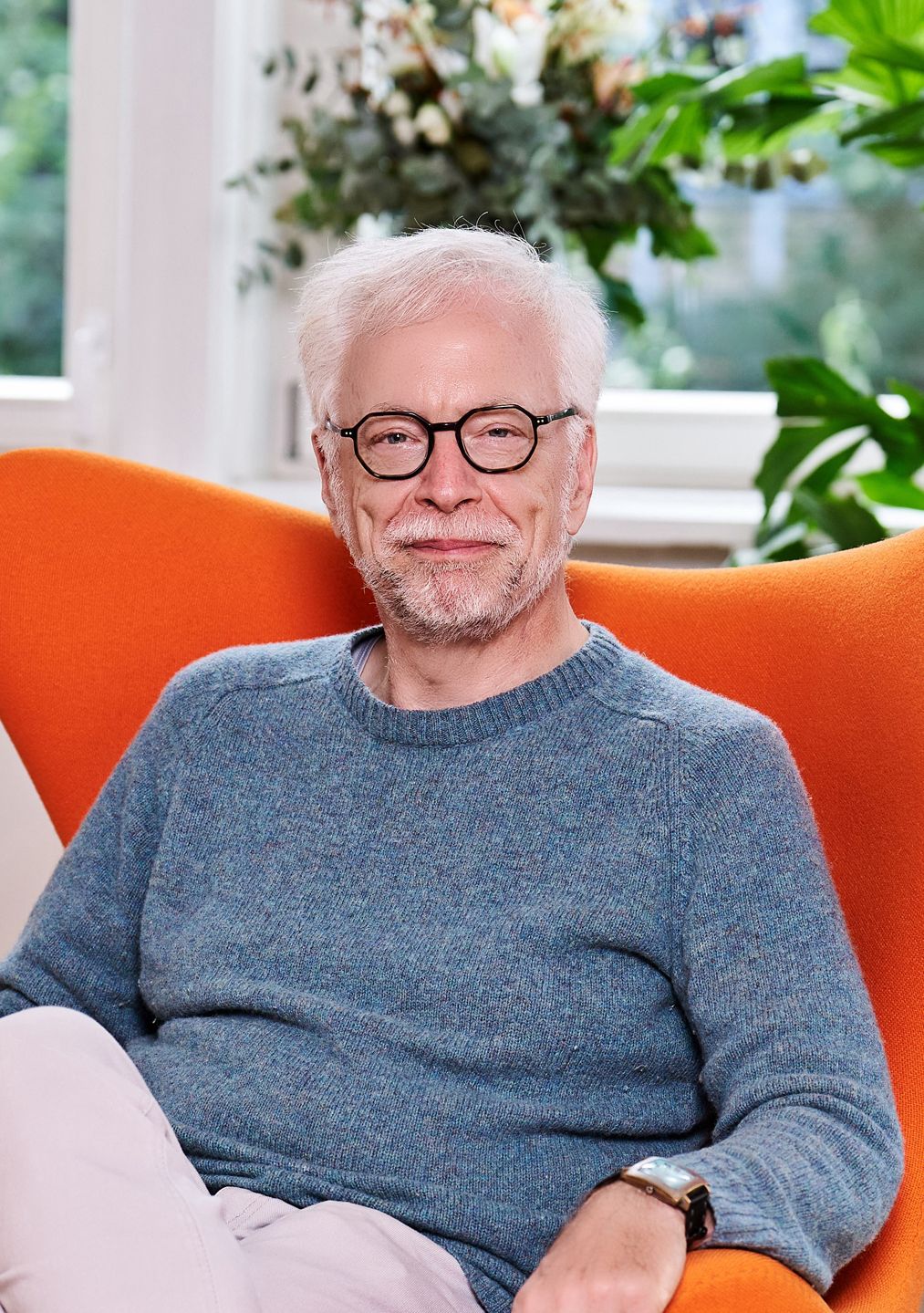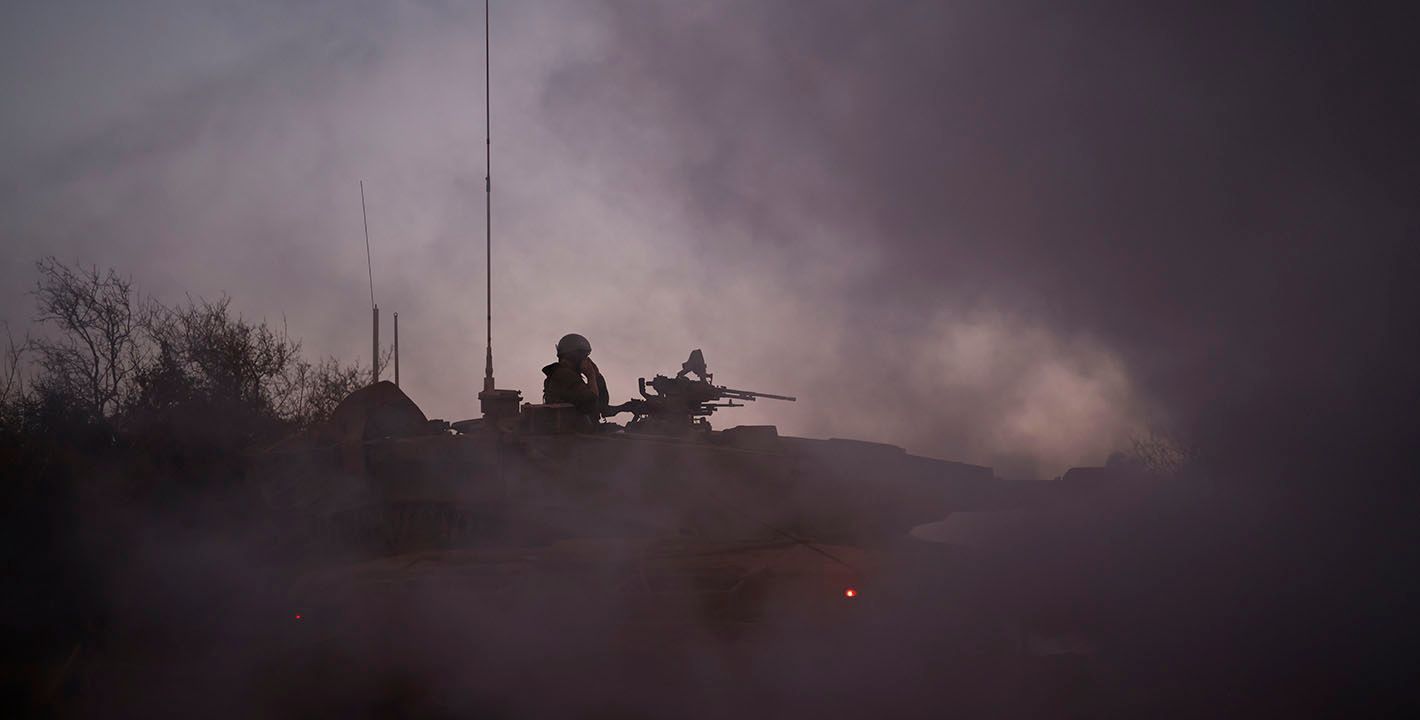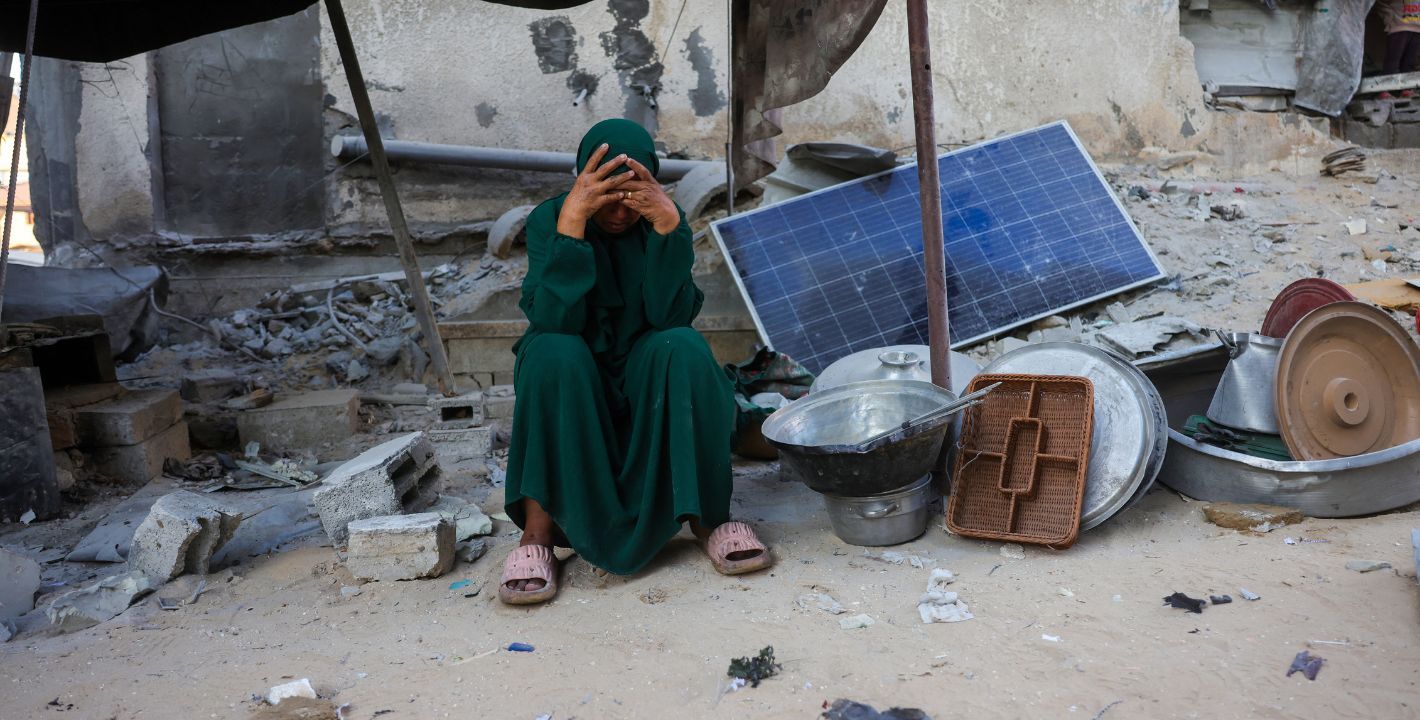Michael Young
{
"authors": [
"Michael Young"
],
"type": "commentary",
"blog": "Diwan",
"centerAffiliationAll": "",
"centers": [
"Carnegie Endowment for International Peace",
"Malcolm H. Kerr Carnegie Middle East Center"
],
"englishNewsletterAll": "",
"nonEnglishNewsletterAll": "",
"primaryCenter": "Malcolm H. Kerr Carnegie Middle East Center",
"programAffiliation": "",
"programs": [],
"projects": [],
"regions": [
"Palestine"
],
"topics": []
}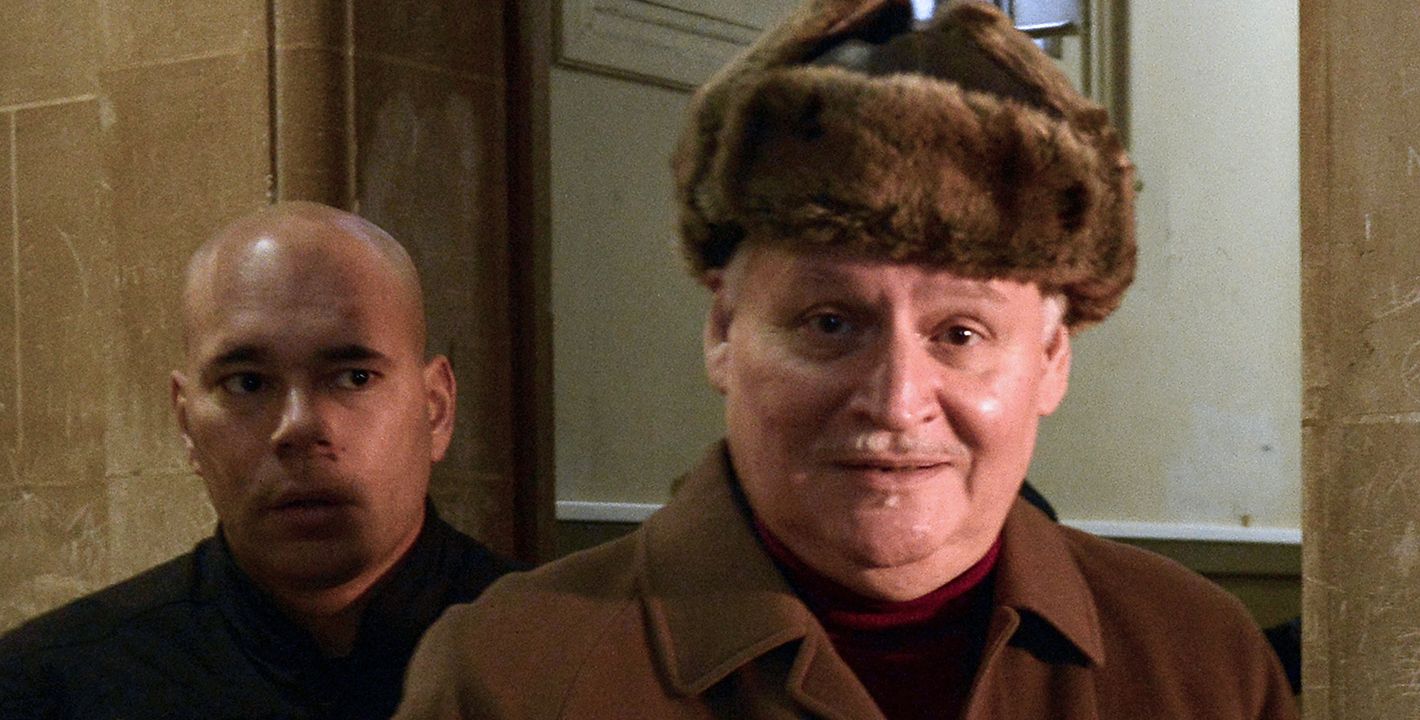
Source: Getty
Revolutionary or Hitman?
Carlos the Jackal was a natural outcrop of Palestinian irrelevance in exile during the 1970s.
I recently finished John Follain’s biography of Illich Ramirez Sanchez, better known as Carlos the Jackal. Initially, I was intrigued to know how his career fit into Palestinian politics during the 1970s, when Carlos first became a “professional revolutionary,” to borrow from his self-description at his trial in France in 1997. Carlos had first become famous in December 1974, when he and collaborators entered the headquarters of the Organization of the Petroleum Exporting Countries in Vienna and took a large number of oil ministers hostage.
While Follain does mention Carlos’ Palestinian ties, he does not involve himself much in internal Palestinian politics. Carlos was recruited by Bassam Abou Sharif on behalf of Wadih Haddad of the Popular Front for the Liberation of Palestine (PFLP). Yet his trajectory after the Vienna hostage takeover would go in another direction. The operation, planned by Haddad, was intended to secure funds for the PFLP, but Carlos was also ordered to kill the Saudi and Iranian oil ministers. Instead, he spared them and apparently hid the ransom away in Algeria, “for him, not for the group,” according to Hans Joachim Klein, one of those who had participated in the operation.
When Carlos met up with Haddad in South Yemen to review what had happened, the Palestinian leader berated him. Haddad allegedly said, “Stars are very bad at following instructions. You have not followed my instructions. There is no room for stars in my operational teams. You can go.” The broader question, however, is what purpose did this period of hijackings and other similar actions really serve? Even at the time there was a debate within the Palestinian leadership over the benefit of high-profile violent operations, among them the PFLP’s hijacking of four passenger airplanes, three of them to Jordan, in September 1970, or the taking of Israeli hostages at the Munich Olympic Games by the so-called Black September group in September 1972. Yet it’s also true that senior Palestinian mainstream leaders were involved in preparing these actions, as the planner of the Munich operation, Mohammed Daoud Audeh, better known as Abou Daoud, made clear in his memoirs published in 1999.
More personally, as I read the biography, it occurred to me how I had somehow intersected with this world of intrigue at several levels. In 1984–1985, for example, when I was a student at the American University of Beirut, one of my close friends was a young man named Hani, who would mention the time he had spent as a teenager in Baghdad and East Berlin. He seemed to have considerable knowledge of the Middle East, and once asked me if I had ever heard of the regionally influential Arab Nationalist Movement (ANM). At the time, I was too limited in my awareness of the region to grasp with whom I was talking. Only later would I realize that he was Wadih Haddad’s son, and that his father had been one of the founders of the ANM, but also the head of the PFLP’s external operations and Carlos’ onetime boss.
I saw Hani once after the end of Lebanon’s civil war, as we crossed paths in a downtown restaurant. Years later I learned that he had died far too prematurely of a heart attack. My great regret was that we had not picked up from our university days, as he was always a fascinating person with whom to exchange. I could also have told him something interesting from my side.
I could have mentioned that when Haddad’s people hijacked an Air France flight to Entebbe, Uganda, in June 1976, to secure the release of prisoners being held by Israel, the pilot on that flight was Michel Bacos, my mother’s first cousin. He and his crew refused to leave the Jewish passengers when the hijackers allowed them to go. It was not mentioned enough that he was the son of a Lebanese father who had grown up in Egypt. The successful Israeli raid to liberate the hostages helped bolster the myth of Israeli invincibility, but also propelled the political career of the perpetrator of mass murder in Gaza today, Israeli Prime Minister Benjamin Netanyahu, whose brother Jonathan was killed while leading the team of commandos.
Other relations always kept the Palestinian reality close. The mother and sister of Ali Hassan Salameh, who for a long time was regarded at the man behind the Munich operation, which led to the killing of several Israeli athletes, were our neighbors in Beirut. Abou Daoud denied that Salameh had anything to do with Munich, but that didn’t prevent the Israelis from assassinating him with a car-bomb on January 22, 1979, ironically around the corner from the Rawdah school founded by Wadih Haddad’s brother. My mother would frequently visit Salameh’s mother, and in the summer of 1982, when Israeli forces occupied our neighborhood, I wondered how she must have felt to see her son’s assassins lounging just below her window.
Interestingly, Salameh was also killed a hundred meters away from where three Palestinians leaders were assassinated by the Israelis in April 1973, two of them in the same building in which my closest friend at the time lived. He and his brothers would later describe what they had heard that night, and we laughed heartily that the concierge, a bad-tempered man who tormented us to no end, had an enormous bump on his head, because the Israelis had knocked him out when entering the building.
This was the world of the Palestinian “revolution,” but it was also our world and that of many others in Beirut at the time. It would collapse in summer 1982, when Israeli forces invaded Lebanon. Yet things had already begun to fall apart in April 1975, when the Palestinians allowed themselves to be sucked into the Lebanese civil war. Their early victories led to the entry of the Syrian army in 1976 to prevent a Palestinian triumph, which might have led to an Israeli intervention that would trigger a Syrian-Israeli conflict. The Palestinians and Syrians would reconcile after Camp David, but henceforth Syria would have a greater say in Palestinian affairs, until the Palestinian factions were expelled from West Beirut in September 1982.
I lived through the Israeli siege leading to this outcome and saw how much the Palestinians had lost in terms of credit with the mainly Sunni local population in that half of the capital, which had largely supported them in the past. We were sitting in a shelter on one particularly nasty day of Israeli bombing, everyone silent with no light around, when a terrified woman suddenly shouted to the armed Palestinian men in our midst, “Go, go, you need to leave [Beirut].” Instead of getting angry, one of the men replied, “We want to leave, but they [the Israelis] won’t let us.” It was a pathetic scene, one that made us all the more conscious of the meaninglessness of what we were going through. We were risking our lives by staying in our area for this?
The exchange brought home the poverty of the Palestinian interregnum in Lebanon. What had hijackings to Jordan, Entebbe, or Somalia advanced in terms of liberating Palestine? Or the gunning down of civilians at Lod airport in May 1972? A plea to be allowed to leave Lebanon from the basement of a smoldering building? Some would claim that such operations carried the Palestinians’ plight to the center of global attention. Maybe, but certainly in the most detrimental of ways, because it would append to an otherwise just cause a “terrorism” label that it would never live down, even when the Israelis engaged in the most unspeakable crimes, as they are doing today in Gaza.
Perhaps Carlos, the arch opportunist, saw through it all. It’s not that that his realism made him any less enthusiastic to employ violence, it’s that his violence became largely directed at the pursuit of personal ends. Vienna was surely the first indication of his tendencies, but by the late 1970s his instincts had led him to formally establish a small group of followers who, effectively, became guns for hire for whichever Arab regime paid them. Wadih Haddad’s death in 1978, most probably at Israeli hands, “rid [Carlos] of a powerful competitor for the favors of Middle Eastern states,” writes Follain, and a number of Haddad’s men joined the new group, sonorously called the Organization of Arab Armed Struggle.
Carlos’ path was a natural one to take for someone who had witnessed the direction of the Palestinian presence in Beirut. If the Palestinian “revolution” had become an auction house for regional interests and rivalries, far from the travails of the population in the West Bank and Gaza, there was no reason why Carlos should have taken a different direction. Yet in the years that followed, he would become toxic as he set off bombs in France to secure the release of his imprisoned wife Magdalena Kopp and another accomplice, Bruno Bréguet. Carlos would find himself increasingly rebuffed as the end of the Cold War redefined international relations, and countries that had once received him stopped doing so. This eventually landed him in Sudan, where he was kidnapped by French agents in August 1994 and taken back to Paris, to be charged with the murder of three French domestic intelligence agents in June 1975. Carlos would receive a life sentence in 1997, and still languishes in Poissy prison today.
It’s only with the outbreak of the first Intifada in December 1987 that the Palestinians’ struggle found its true direction, aimed at asserting their rights and freedom in their own land. This return to the land saved the Palestinians from the irrelevant glamor of exile, forcing the Israelis out into the open on their intentions toward a people they had ethnically cleansed in 1948. Whether Palestinians will ever be able to have a state remains a matter of conjecture, so decided are the Israelis and Americans to deny them self-determination. But today, at least, the Palestinian route is relatively clear, so very different from the one that the likes of Carlos helped trace.
About the Author

Editor, Diwan, Senior Editor, Malcolm H. Kerr Carnegie Middle East Center
Michael Young is the editor of Diwan and a senior editor at the Malcolm H. Kerr Carnegie Middle East Center.
- Iran and the New Geopolitical MomentCommentary
- A Mechanism of CoercionCommentary
Michael Young
Recent Work
Carnegie does not take institutional positions on public policy issues; the views represented herein are those of the author(s) and do not necessarily reflect the views of Carnegie, its staff, or its trustees.
More Work from Diwan
- What Gaza Showed UsCommentary
The conflict did not reshape Arab foreign policy; on the contrary it exposed its limits.
Angie Omar
- All or Nothing in GazaCommentary
Implementing Phase 2 of Trump’s plan for the territory only makes sense if all in Phase 1 is implemented.
Yezid Sayigh
- The Perils of the Palestinian Authority’s New Party LawCommentary
The objective is to lock Hamas out of political life, but the net effect may be negative indeed.
Nathan J. Brown
- Israel’s Ring of Buffer ZonesCommentary
In the aftermath of the October 7 attacks, the Israelis have transformed their neighbors’ borderlands to serve their own security interests.
Armenak Tokmajyan
- The Terrible Gaza Testing GroundCommentary
As the forever war in the territory has defined its future, this future may well be forever misery.
Nathan J. Brown

